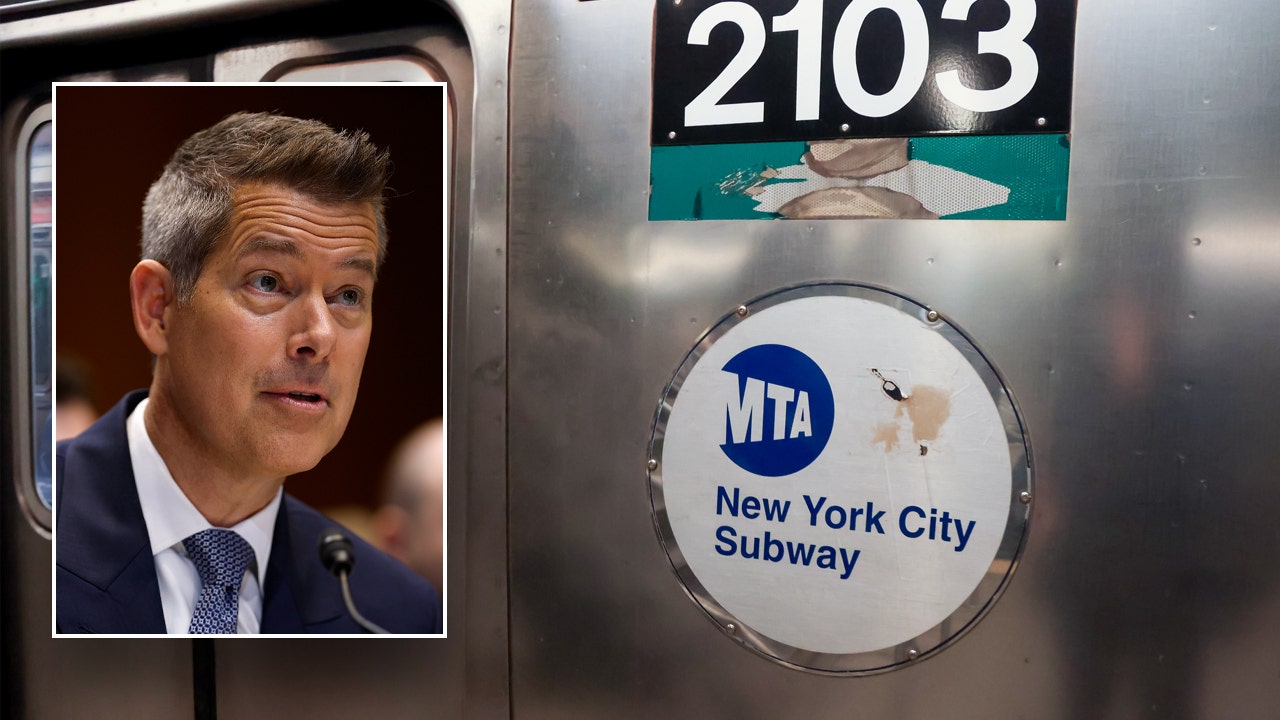Congressional Republicans are teeing up multiple small-scale border security bills with the intent of sending them to President-elect Donald Trump’s desk as soon as he takes office.
House Speaker Mike Johnson (R-La.) says he has his sights set on quickly nailing down “low-hanging fruit” with respect to border security as Republicans work on a larger, more comprehensive related package of bills.
“We will be addressing border. We have got a number of bills just over the next two weeks, Maria, that we’re going to address the low-hanging fruit, so to speak,” Johnson told Fox News’ Maria Bartiromo on Sunday.
The goal is to give Trump some easy legislative victories to sign into law after he gets sworn into office Jan. 20.
First up will be the Laken Riley Act, which GOP leadership is eyeing for a vote this week. The measure was named after the University of Georgia in Athens nursing student, who was strangled to death by an illegal migrant.
The bill, which had cleared the GOP-led House last year but wasn’t considered in the Democrat-led Senate, would compel the feds to take custody of illegal migrants who are caught stealing. The suspect in Riley’s death had previously been caught shoplifting.
It would also permit state attorney generals to sue the federal Department of Homeland Security if lax enforcement of immigration law results in the harm of a citizen in their state.
Another bill is the Safeguarding American Voter Eligibility (SAVE) Act, which mandates citizens prove citizenship in order to register to vote and has been reintroduced by Rep. Chip Roy (R-Texas).
Johnson attempted to pressure Democrats into backing the bill during the government shutdown negotiations that took place in September. Ultimately, he was unsuccessful in drawing that concession from them.
A third border-related bill, the Violence Against Women by Illegal Aliens Act, championed by Rep. Nancy Mace (R-SC), would compel the feds to deport migrants who were determined to have engaged in sex-related crimes.
New York Rep. Nick LaLota (R) has also re-upped a bill to essentially cut off “sanctuary cities” from federal funds. Such liberal local governments either limit or ban local authorities’ cooperation with federal immigration officials.
Rep. Clay Higgins (R-La.) pitched a measure to continue the construction of the US-Mexico border wall and allocate resources to that end, too. Rep. Andy Biggs (R-Ariz.) had pushed a somewhat similar measure for the Treasury Department to put aside funding for the border.
Finally, Rep. Keith Self (R-Texas) proposed moving US Customs and Border Protection headquarters down to Texas so its leadership is closer to where illegal crossings take place.
While some of those measures are expected to get a vote, others may endup incorporated into the broader border reform package that Republicans are drafting, which itself will likely be attached to other key Trump agenda items such as energy reform.
Trump has vowed to carry out a mass deportation effort of illegal migrants currently residing within the US and to continue construction of the border wall, something the president-elect contends he can start through executive actions.
The broader border legislation that Republicans are eyeing will likely be based on the Secure the Border Act of 2023, which did not clear the Senate.
That measure would have overhauled the asylum process, marshaled resources to enforce current immigration law and set up a new migrant surveillance scheme.














